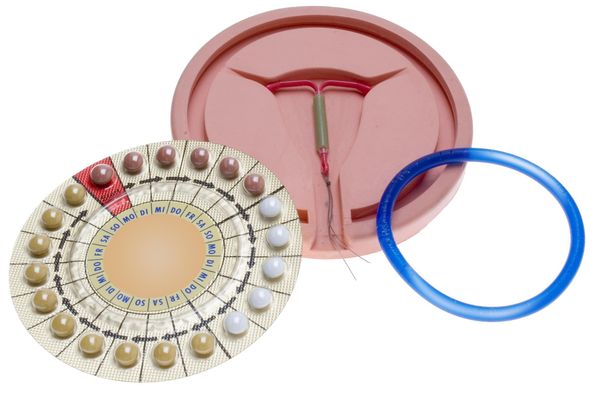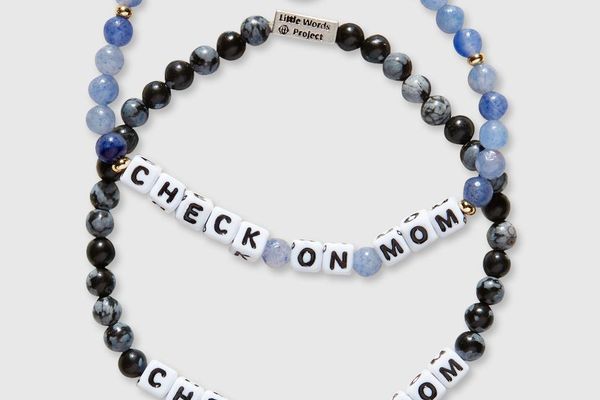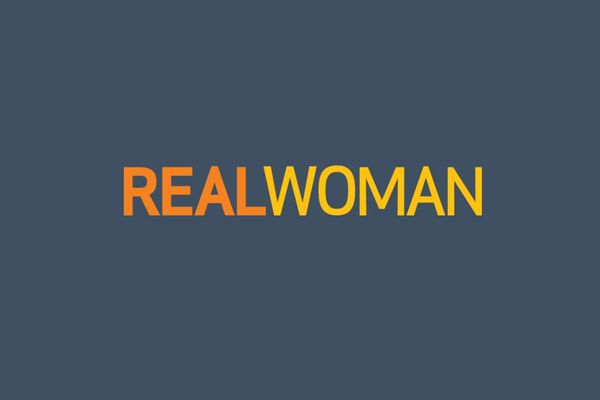Managing your menopause and any of the uncomfortable symptoms it may cause should now be easier because of the latest issue of the National Women's Health Report, published by the National Women's Health Resource Center, Inc. (NWHRC). "Menopause: Hormone Therapy & Other Options" describes the new approach many women and their health care professionals are taking for menopausal-symptom management in the post-Women's Health Initiative (WHI) world.
This latest issue of the National Women's Health Report clarifies the often-confusing topic of hormone therapy with insight from leading experts in women's health. Particular attention is given to newer formulations of hormone therapy, as well as other options women may wish to consider for symptom relief.
"Menopause management is now a symptom-based approach, not a `one-size fits all approach,'" says Amy Niles, president and CEO of the NWHRC. "Women and their health care professionals should tailor hormone therapy to an individual woman's needs in much the same way you might tailor a suit to an individual woman's body." With more options available, ranging from creams and gels to patches, rings and pills, that's easier to do than ever before for the millions of women entering menopause every year.
In 2002 researchers abruptly halted part of the WHI, a major federally funded clinical study on the safety and efficacy of hormone therapy. Early results indicated that postmenopausal women using a combination estrogen/progestin medication faced a slightly increased risk of breast cancer, heart disease, stroke, and blood clots, results that were deemed too risky to ethically allow women to continue on the drug.
Almost overnight, it seemed, women were ditching their hormone therapy. Two years later women are adopting a more balanced approach as new research and thinking emerges, according to the NWHRC's report. Even 50 percent of female ob-gyns surveyed by the American College of Obstetrics and Gynecologists in December 2003 said they used hormone therapy to treat their own menopausal symptoms.
Women need to consider their own health history and risks and where they are in the menopausal process. "Women who are recently menopausal have a very low baseline risk of heart disease," says JoAnn E. Manson, MD, DrPH, Elizabeth F. Brigham Professor of Women's Health at Harvard Medical School and one of the principal investigators of the Women's Health Initiative.
Women should not ignore their symptoms or think they can "tough it out," cautions Carol Landau, PhD, at Brown Medical School who works with menopausal women in her clinical practice. Untreated hot flashes can lead to depression from lack of sleep, she says. And vaginal dryness, urinary tract changes and decreases in sexual responsiveness resulting from declining estrogen levels can interfere with intimate relationships.
The National Women's Health Resource Center, Inc., is the nation's leading independent, nonprofit organization dedicated to providing health and wellness information and resources to women of all ages. Its Web site, https://healthywomen.org, is a one-stop shop for women's health with hundreds of health topics and resources.
For a free copy of "Menopause: Hormone Therapy and Other Options," call 1-877-986-9472 (toll free) or order online here.
To subscribe to the electronic version of the bi-monthly National Women's Health Report, the flagship newsletter of the National Women's Health Resource Center, Inc., click here.
Sources:
1 NHLBI Stops Trial of Estrogen Plus Progestin Due to Increased Breast Cancer Risk, Lack of Overall Benefit. [Press release]. National Heart, Lung and Blood Institute. Available at https://www.nhlbi.nih.gov/new/press/02-07-09.htm. Accessed March 14, 2004.
2 Female Ob-Gyns Support Menstrual Suppression, Are Divided on Elective Cesareans, and Half Use Hormone Therapy During Menopause. [Press release]. American College of Obstetricians and Gynecologists. Available at: https://www.acog.org Accessed February 24, 2004.
######
NOTE: Journalists can receive a PDF of the newsletter by sending an email to bdame@healthywomen.org.






